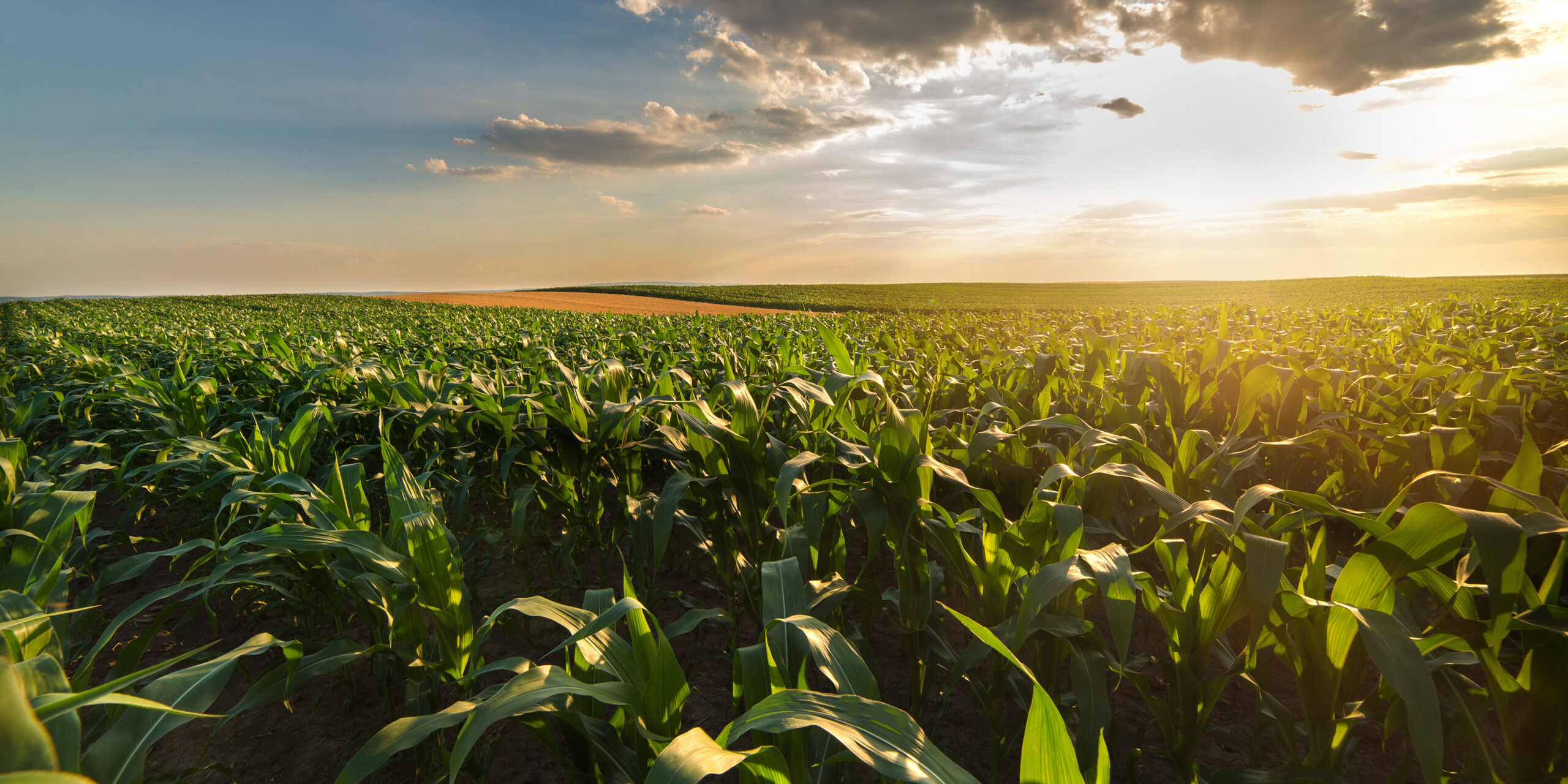Is this a Golden Age for Agriculture?
Stratovation Group is delighted to announce the inclusion of esteemed agricultural commentator, Blake Hurst, as a regular contributor to our blog. As a highly respected Missouri farmer and greenhouse operator, former president of the Missouri Farm Bureau, and a member of Stratovation Group’s Board of Advisors, Hurst brings a wealth of ag knowledge and experience to the table. Today, we proudly present his inaugural column, a thought-provoking piece that delves into the intricate dynamics of the agricultural industry, offering valuable insights and perspectives to our readership. Hurst’s expert analysis and deep-rooted passion for farming make him an invaluable asset, and we are honored to have him contribute his expertise to the Stratovation community.
We have a wholesale greenhouse business, and our largest customer runs a business out of her garage, organizing school fundraisers all over Iowa and Nebraska. So, in between stints on the planter, I spend my springs behind the wheel of a rental truck, delivering geraniums to parochial and public schools from the Mountain Time Zone in Nebraska to the Mississippi River on the east side of Iowa.
I’ve been to what seems like hundreds of small towns, traveling from one to another on blue highways. And I have thoughts.
It’s been a great few years for home construction in the Midwest. New houses are popping up like mushrooms after an April rain, and farmsteads, though clearly far less numerous than they used to be, are more and more likely to sport a new home and a recently built machine shed.
I particularly noticed this in southeast Nebraska, an area of rolling hills and good farmland. Farms here are too far south to irrigate from the Platte and too far east to pull from the Ogallala aquifer. Dry land farming in Southeast Nebraska and in my home area of northwest Missouri is not nearly as certain as farming along I-80 in Nebraska or north central Iowa. But strong prices and timely rains have made for some very good years. Things have been good on the farm.
Although not so much on my farm, where I’ve spent the last couple of years meeting margin calls and wondering why I ever thought hedging in a long term bull market made sense.
Anyway, a quick check of USDA statistics bears out what my windshield survey has noticed. We’ve had record farm income over the past few years, with net cash farm income in 2022 of 190 billion dollars. That’s nearly fifty percent above the average levels for the past twenty years. Though 2023 is forecasted to see a 20% drop in net farm income, ‘23 will still be one of the top years for farmers’ income in history.
Despite those gaudy numbers, the average farm income of all farms is negative. That statistic is useful when lobbying for disaster relief, but it is more than a little deceptive, as most farms are not primarily commercial businesses, but rather lifestyle choices.
When you check the stats for those farms the USDA labels as “commercial,” (greater than $350,000 in sales), a category that the USDA tells us includes 176,000 farms, the median farm income is $185,000, and the average farm income is $304,000 per household. Now, there’s a wide variation amongst farmers in any given year, as evidenced by the difference between the mean and the median, and a wide variation in incomes on individual farms from year to year, but those numbers might explain the smile on the face of the guy at the local lumber yard.
Google a Golden Age for Agriculture, and you’ll learn a lot about the early 20th century, especially the years 1910-1914. And parity, which I guess is still a thing to some people. Just as there are still people who think that the Romanoffs will someday supply Russia a czar, people still keep track of the parity ratio. If that’s how you define a Golden Age, we still have a ways to go.
I can hear my farmer friends recoil in horror at the very idea that someone might think that we farmers are enjoying a prosperous period. Doesn’t that idiot know, they will say, that dairy farmers have suffered mightily, that the poultry industry is battling the avian flu, that the Western U.S. has been suffering from record drought, that feed costs are high, the Democrats are increasing taxes, the Chinese just canceled a corn deal, and that we’re writing a farm bill, and if you say that farmers are doing ok we won’t get a good bill?
Ok, so don’t tell anybody that you had a good year. Complain about high input prices and uncertain markets and the latest USDA report, which shows early signs of having killed the market for the foreseeable future.
But if you are a farmer, take just a minute, at least in the privacy of your (new?) home, to enjoy the time in which we are living. Farmers take huge risks, invest lots of capital, and work very hard. We’ve earned the good times, we should enjoy them, and only one thing about farming is certain. Farming is a cyclical business and the good times won’t last.

